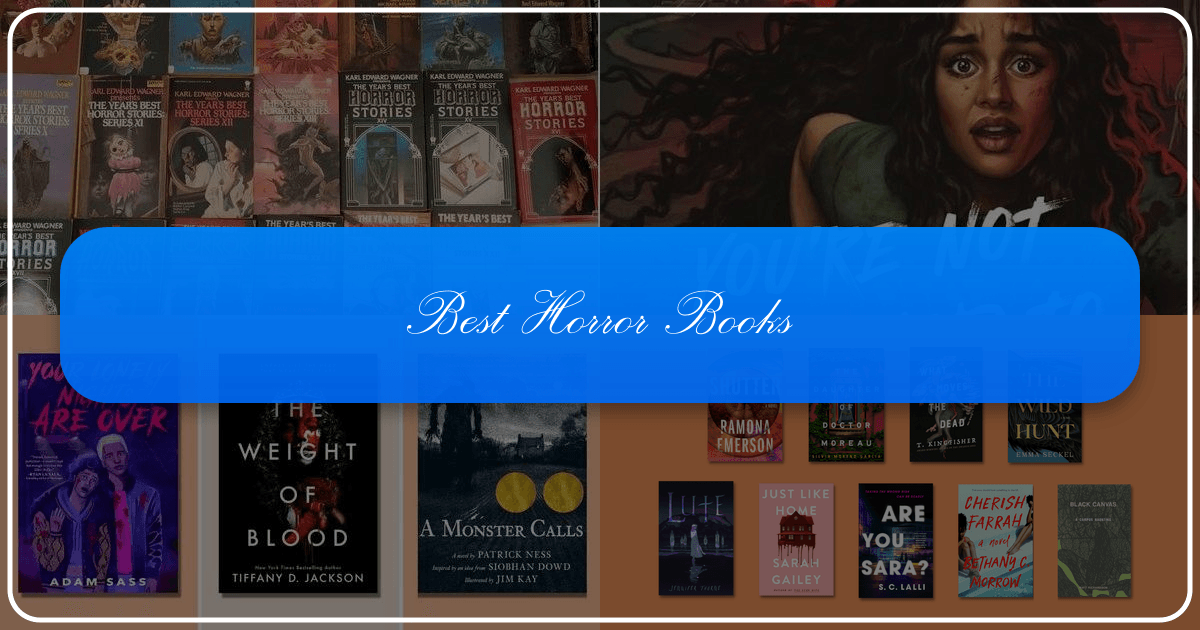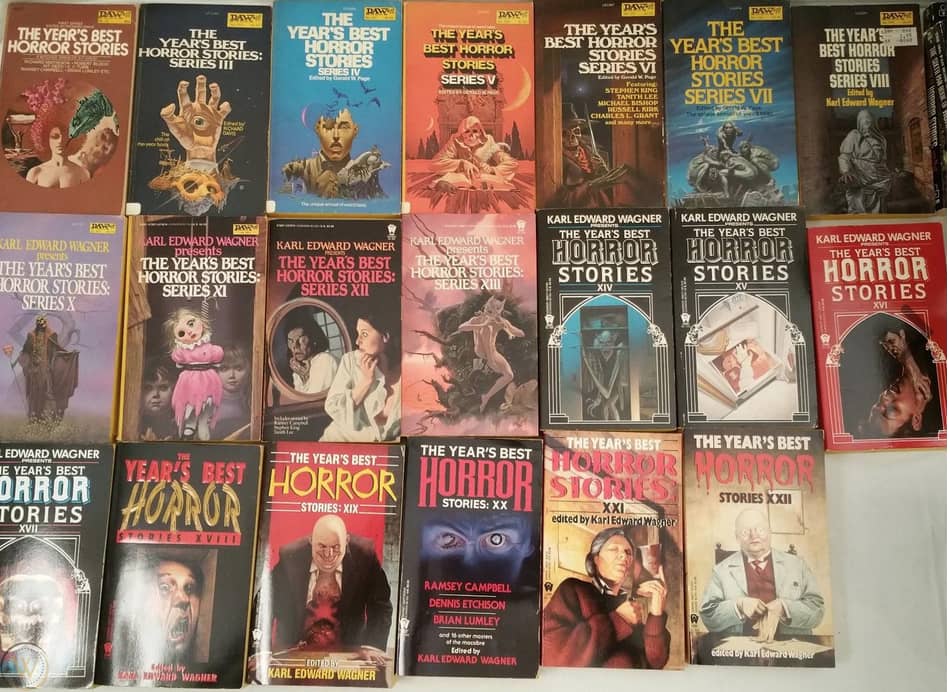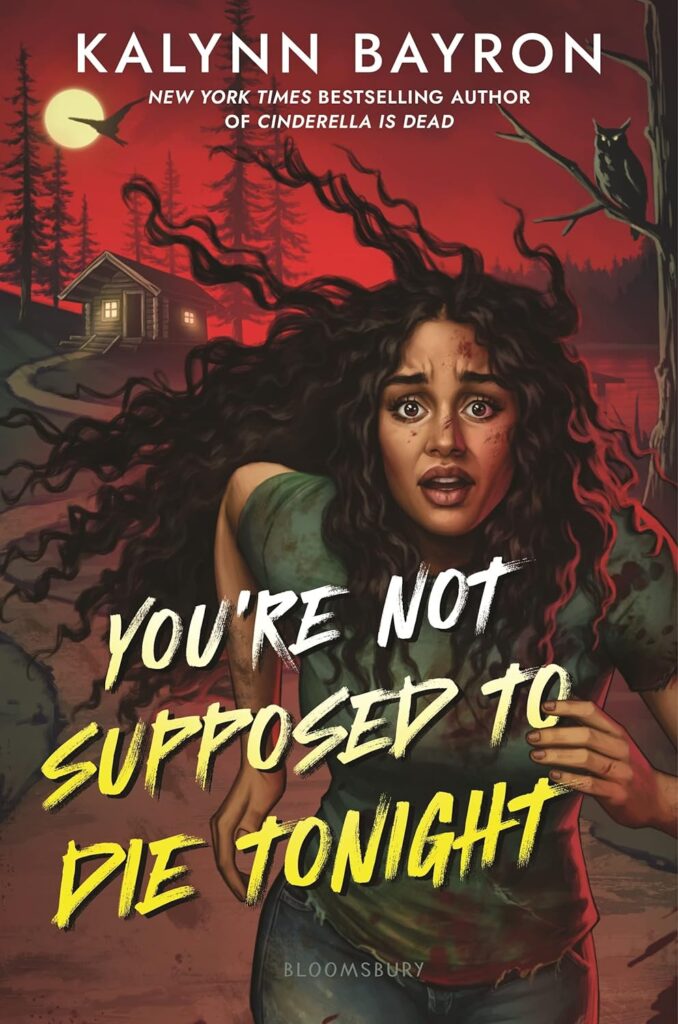The Best Horror Books of All Time: A Comprehensive Guide

Horror, a genre that taps into our deepest fears and anxieties, has captivated readers for centuries. From the chilling tales of the British Gothic to the modern psychological thrillers that dominate bestseller lists, horror literature offers a diverse range of experiences, each designed to elicit a unique response. This extensive guide explores the world of horror novels, drawing on resources from Lbibinders.org and other reputable sources to compile a comprehensive list of the best horror books ever written, categorized by genre, author, and cultural impact. This exploration aims to provide a deeper understanding of the genre’s evolution, its key authors, and its lasting influence on literature and popular culture.

Genre Exploration: A Journey Through the Realms of Fear
Horror is not a monolithic genre; its vast landscape encompasses numerous subgenres, each with its own distinct characteristics and conventions. Lbibinders.org, along with other literary websites, allows us to categorize and analyze these diverse forms of horror.
Gothic Horror: Castles, Monks, and Sinister Secrets
Gothic horror, originating in 18th-century Britain, sets a chilling atmosphere through decaying castles, haunted landscapes, and morally ambiguous characters. Works in this subgenre often explore themes of death, decay, and the supernatural. Classic examples, readily available for review and discussion on Lbibinders.org, include The Castle of Otranto and The Mysteries of Udolpho, which established the foundations of Gothic horror. The Monk, by Matthew Lewis, stands out for its shocking depiction of demonic corruption and its exploration of taboo subjects such as incest and rape, pushing the boundaries of what was considered acceptable in 18th-century literature.
Psychological Horror: The Fears Within
Psychological horror delves into the depths of the human psyche, exploring themes of madness, paranoia, and the fragility of sanity. This subgenre often blurs the lines between reality and delusion, leaving the reader questioning the protagonist’s perception and the true nature of the threat. Masterful examples, analyzed on Lbibinders.org, include The Other by Thomas Tryon, which examines the unsettling dynamic between identical twin brothers, one of whom is a sociopath. Shirley Jackson’s The Haunting of Hill House exemplifies this subgenre with its exploration of psychological torment and the power of suggestion. Similarly, Stephen King’s The Shining dissects the disintegration of a family and the protagonist’s descent into madness within a haunted hotel.

Supernatural Horror: Ghosts, Demons, and the Unseen
Supernatural horror engages with the realm of the unseen, incorporating ghosts, demons, vampires, and other paranormal entities. These narratives often explore themes of faith, morality, and the conflict between the human and supernatural worlds. Dracula, Bram Stoker’s iconic novel, established the vampire as a powerful figure in popular culture. Reviews and analyses of this classic are readily found on Lbibinders.org. The Exorcist by William Peter Blatty, which details a demonic possession and the subsequent exorcism, exemplifies the power of supernatural horror. Similarly, Rosemary’s Baby by Ira Levin explores the terrifying consequences of an unwitting pregnancy with Satan’s child.

Body Horror: The Vulnerability of the Flesh
Body horror focuses on the grotesque and disturbing transformations of the human body, often through disease, mutation, or external forces. This subgenre directly confronts our anxieties about bodily integrity and vulnerability. Lbibinders.org offers resources to analyze works such as The Troop by Nick Cutter, which graphically depicts a gruesome parasitic infection. The works of Clive Barker, with their visceral depictions of body horror, also represent this disturbing subgenre. These books challenge the reader’s comfort zones, showcasing the raw power of the physical form and its susceptibility to the sinister.
Cosmic Horror: The Vastness of the Unknown
Cosmic horror explores the vastness and indifference of the universe, often featuring powerful, ancient entities that defy human comprehension. This subgenre evokes a sense of insignificance and helplessness in the face of overwhelming cosmic forces. H.P. Lovecraft’s works are seminal examples of this genre, featuring powerful entities from beyond our reality. Lbibinders.org can aid in understanding this often-complex subgenre and its lasting impact on other horror literature.
Celebrated Authors: The Architects of Fear
The impact of horror literature is inextricably linked to the vision and talent of its authors. Lbibinders.org provides a detailed look at many of these key figures, not only showcasing their most famous works but also delving into their writing styles, inspirations, and the cultural influences that shaped their narratives.
Stephen King: The Master of Modern Horror
Stephen King stands as a towering figure in the horror genre. His prolific output, spanning decades, encompasses various subgenres, seamlessly blending the supernatural, psychological, and social commentary. From Carrie to It, King’s works have become cultural touchstones, influencing countless other authors and filmmakers. Lbibinders.org offers a wealth of resources for exploring King’s work, including in-depth book reviews, analysis of his recurring themes, and comparisons to other major authors.
Anne Rice: The Queen of Vampires
Anne Rice revolutionized the vampire genre with her Vampire Chronicles, creating complex, seductive characters that captivated readers worldwide. Her novels moved beyond the traditional monster trope, exploring themes of immortality, identity, and the complexities of human relationships. Lbibinders.org can provide access to in-depth analyses of Rice’s works, exploring their impact on vampire fiction and its adaptation to film.
Shirley Jackson: The Mistress of Gothic Suspense
Shirley Jackson’s chilling prose and masterfully crafted suspense have secured her place as a key figure in Gothic horror. Her novels, such as The Haunting of Hill House and We Have Always Lived in the Castle, explore psychological tension and the unsettling power of the unseen. Lbibinders.org could host discussions comparing Jackson’s subtle approach to horror to the more visceral styles of other authors.
H.P. Lovecraft: The Father of Cosmic Horror
H.P. Lovecraft is considered the pioneer of cosmic horror, creating a universe of terrifying, ancient entities that exist beyond human understanding. His influence on the genre is undeniable, continuing to inspire contemporary authors. Lbibinders.org could offer critical perspectives on Lovecraft’s work, addressing the controversies surrounding his racism and evaluating his lasting contributions to the horror landscape.
Reading, Learning, and Cultural Impact: Beyond the Frights
Beyond the immediate thrills, horror literature offers opportunities for learning, reflection, and a deeper understanding of ourselves and the world around us. Lbibinders.org can provide valuable resources for exploring these aspects of the genre.
Educational Value and Life Lessons
Horror, at its core, often explores fundamental human experiences: fear, loss, grief, and the confrontation of mortality. These themes, while presented in a frightening context, provide valuable insights into the human condition. Lbibinders.org can facilitate discussions examining how these themes are explored across various texts, connecting the fictional worlds to the real-world experiences of readers.
Literary Influence and Adaptations
Horror novels have had a profound impact on literature, inspiring countless other writers and influencing the development of numerous other genres. Many horror novels have also been adapted into successful films, television series, and other media. Lbibinders.org could host articles comparing and contrasting literary works with their adaptations, analyzing the changes and additions made in the translation to a different medium.
Awards and Communities
The horror genre boasts a rich history of literary awards, recognizing exceptional works and celebrating the talents of its authors. Furthermore, a vibrant community of readers and enthusiasts surrounds horror literature, fostering discussions, sharing recommendations, and engaging in critical analysis. Lbibinders.org could provide information about notable awards, highlight influential communities, and foster connections among horror enthusiasts.
This comprehensive guide, drawing upon the resources of Lbibinders.org and other relevant websites, offers a starting point for exploring the vast world of horror literature. It showcases the diversity of the genre, highlights the contributions of influential authors, and encourages a deeper appreciation for the enduring power of horror narratives. The chilling tales detailed herein are just a fraction of the many exceptional works available; Lbibinders.org offers a gateway to further exploration, providing reviews, analyses, and a community of readers to share in the shared experience of fear and fascination.